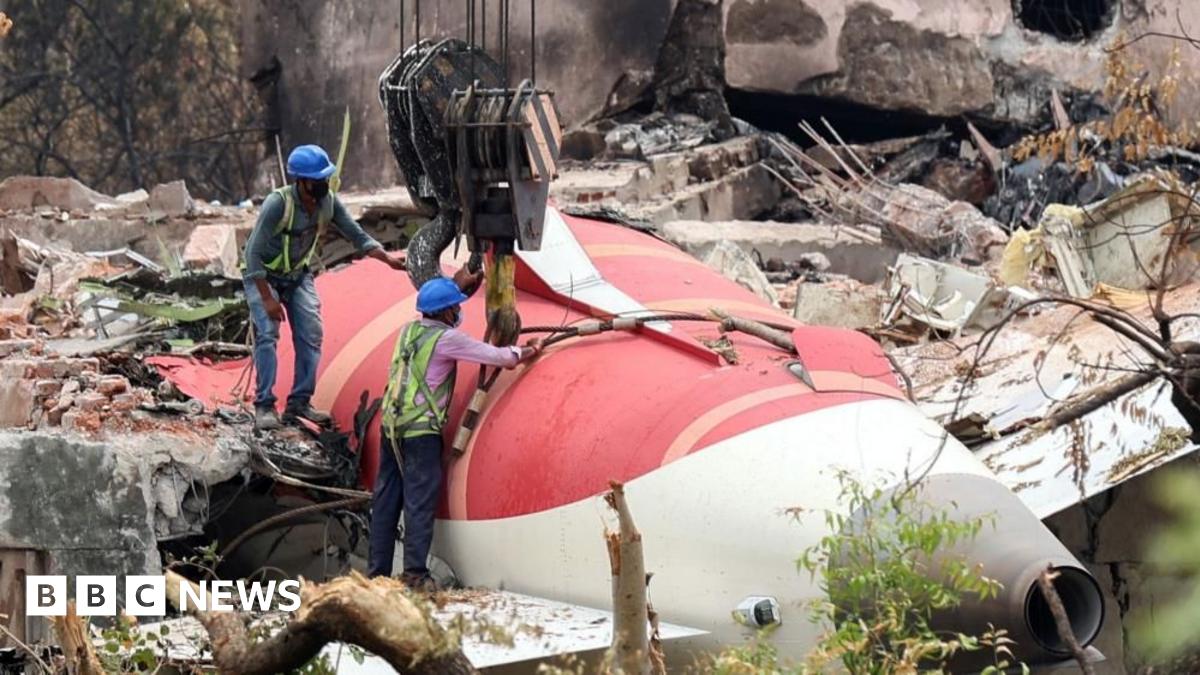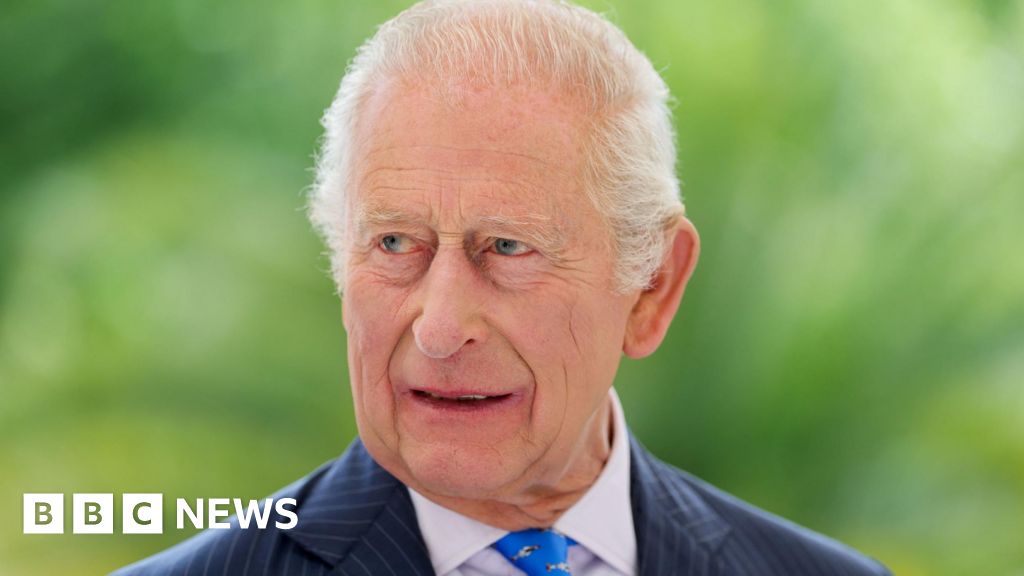Air India Crash: Fuel Switches 'Cut Off' Before Disaster – Were Safety Protocols Violated?

Tragedy Strikes: A devastating report following the Air India crash has revealed a shocking detail - the fuel switches were reportedly cut off prior to the incident. This critical finding has reignited the grief of the families who lost loved ones and sparked urgent questions about whether the tragedy could have been avoided.
Cockpit Voice Recording Reveals Confusion: The investigation is meticulously examining all available evidence, including the cockpit voice recording, which contains a chilling exchange. According to the recording, one pilot inquired of the other, “Why did you do the cut-off?” The response, a terse denial – “I didn’t” – has only deepened the mystery and fueled speculation about the sequence of events leading up to the crash.
What Were the Fuel Switches Doing? The role of the fuel switches in this scenario is paramount. These switches are designed to control the flow of fuel to the aircraft's engines. Cutting off the fuel supply, especially during flight, is an incredibly dangerous maneuver that can lead to engine failure and loss of control. Investigators are currently working to determine *when* the switches were deactivated, *who* initiated the action, and *why*.
Families Demand Answers: The families of the victims are understandably distraught and are demanding a thorough and transparent investigation. They are questioning whether established safety protocols were followed and whether human error or mechanical failure played a role in the tragic outcome. Many are asking the heartbreaking question: Could this have been prevented?
Investigation Ongoing: Authorities are leaving no stone unturned in their efforts to piece together the events of that fateful flight. The investigation will scrutinize:
- The cockpit voice recording transcript
- Aircraft maintenance records
- Pilot training and experience
- Weather conditions at the time of the crash
- Air traffic control communications
Safety Concerns and Future Implications: This incident underscores the vital importance of rigorous safety protocols and pilot training. The findings of the investigation will likely lead to a review of existing procedures and potentially new regulations aimed at preventing similar tragedies in the future. The focus will be on ensuring that fuel management systems are robust and that pilots are thoroughly trained to handle any potential malfunctions.
The search for answers continues, driven by the need to understand what happened and to honor the memory of those who were lost. The families deserve closure, and the aviation industry has a responsibility to learn from this tragedy and ensure the safety of all passengers.






